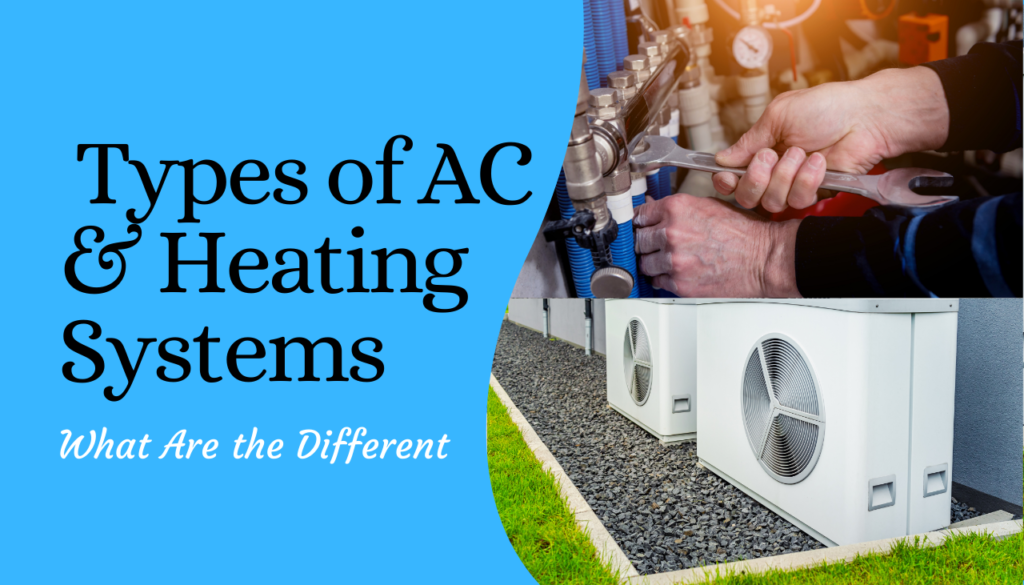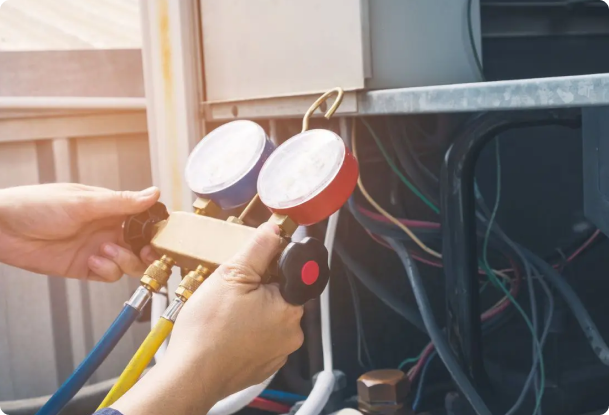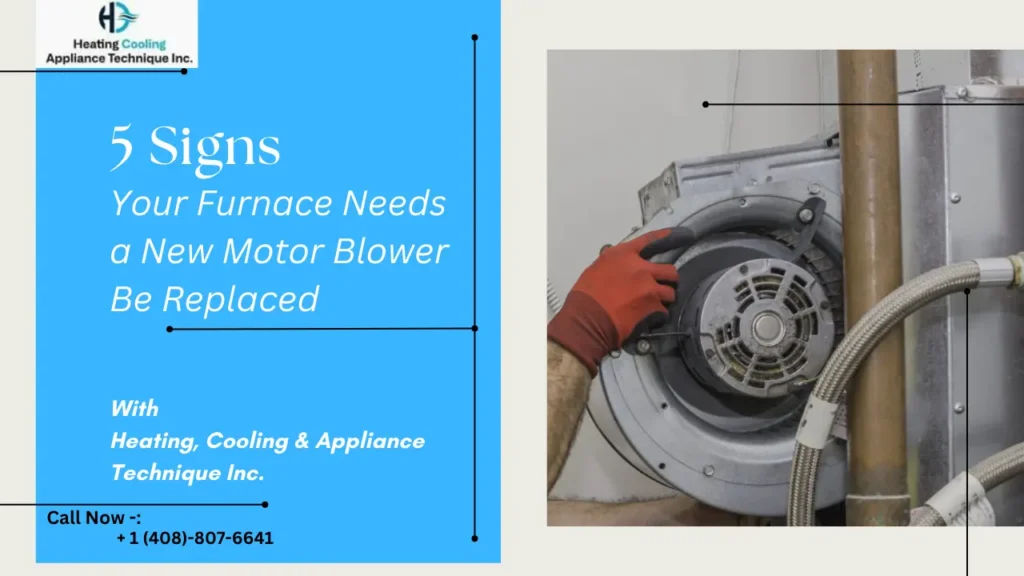
Staying comfortable throughout the year is essential for most homes and businesses. With a wide variety of HVAC (Heating, Ventilation, and Air Conditioning) systems available, choosing the right one can be daunting. Let’s explore the most common types to help you find the perfect fit.
Central Air Conditioning and Heating Systems
- Split Systems: These are the most popular residential systems. They have an outdoor unit (condenser and compressor) and an indoor unit (evaporator coil and blower). Refrigerant circulates between the units to cool the house. The indoor unit is usually connected to a furnace for heating.
- Hybrid Heat Pump Systems: Designed for efficiency, a heat pump handles both heating and cooling. It extracts/releases heat from the air outside, even in cold weather. For very low temperatures, a backup furnace supplements the heating.
- Packaged Systems: All components (condenser, compressor, evaporator) are housed in a single outdoor unit, usually on rooftops. These are common for buildings with limited indoor space.
Ductless Systems
- Mini-split Systems: These offer flexibility for targeted cooling/heating. One outdoor unit is connected to multiple indoor air handlers installed in various rooms or zones. No ductwork is needed, making them great for additions or older homes.
Other Heating Systems
- Furnaces: Powered by gas or oil, they generate heat and distribute it through ducts. Furnaces are often the heating element in split systems or hybrid systems.
- Boilers: These heat water, which is distributed through pipes to radiators, baseboard heaters, or radiant floor systems to provide heat.
Additional Systems
- Geothermal Heat Pumps: Incredibly efficient, they harness the stable underground temperature to heat and cool homes. However, they have high installation costs.
- Evaporative Coolers (Swamp Coolers): Well-suited for dry climates, these pass air over water-soaked pads, providing cooling through evaporation.
Factors to Consider When Choosing an HVAC System
- Climate: Your local weather plays a significant role. Heat pumps excel in moderate areas, while furnaces are better for very cold climates.
- Home Size and Layout: The size of your home and the number of rooms you need to cool or heat will determine system capacity and ductwork (if needed).
- Energy Efficiency: Consider the SEER rating for ACs and the AFUE rating for heating systems. Higher ratings mean more efficient operation, potentially saving you money on energy bills.
- Budget: HVAC costs include equipment and installation. Explore various options and long-term efficiency savings to fit your budget.
Conclusion
Understanding the different types of AC and heating systems available can help you choose the system that best suits the needs of your home or business. Consider factors such as the points mentioned above and seek the advice of an HVAC professional for a tailored solution that maximizes your comfort and energy savings.



